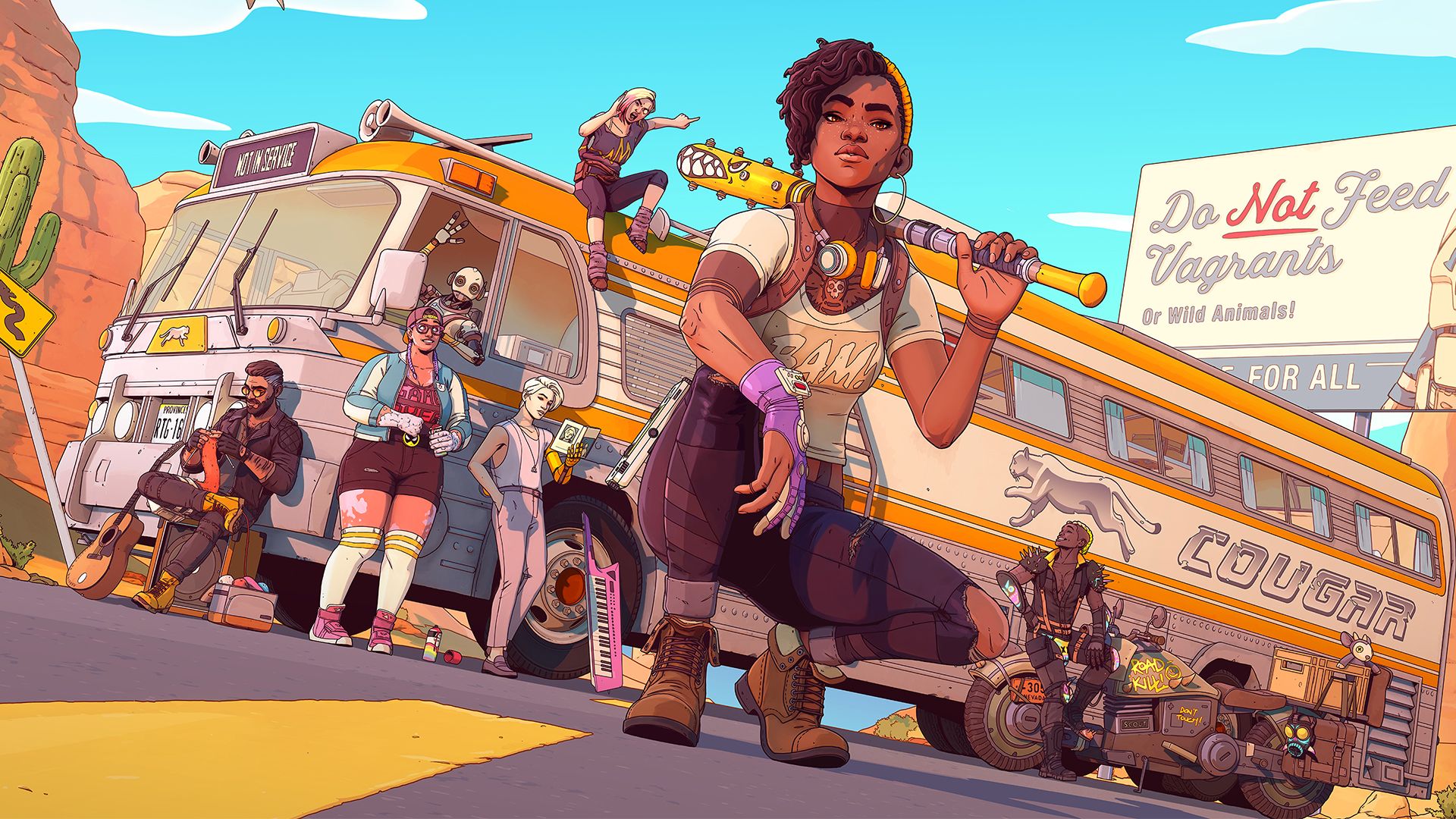Dustborn’s Backlash: A Developer’s Disillusionment and the Future of Controversial Games
The video game industry thrives on innovation and pushing boundaries. However, the recent release of Dustborn, a game tackling “more serious themes,” has sparked a firestorm of controversy, leading its developer to question their future in the industry.

A Game Meets Unexpected Resistance
Developed by the Norwegian studio Red Thread Games, Dustborn aimed to deliver a thought-provoking experience. However, the game’s reception was far from positive. The studio head, Ragnar Törnqvist, expressed surprise and disappointment at the overwhelmingly negative reaction from the gaming community.
Törnqvist revealed facing threats of violence and death delivered through social media, emails, and even text messages. While he didn’t provide concrete evidence, the severity of the alleged threats highlights the potential toxicity surrounding controversial games.
Navigating Criticism: From Constructive Feedback to Personal Attacks
Red Thread Games acknowledges the right to criticism and understands not every game resonates with everyone. However, their frustration stems from the abundance of negativity from individuals who haven’t even played Dustborn.
Törnqvist emphasizes the importance of “reasoned reviews” even when expressing negativity. The distinction he draws between constructive criticism and baseless negativity is crucial for fostering healthy discourse in the gaming community.
The Art of Storytelling: Entertainment, Emotion, and Challenging Topics
Dustborn’s developers insist the game wasn’t intended as a political statement. They acknowledge the spectrum of video games: pure entertainment, emotionally resonant experiences, and titles tackling weighty topics.
However, the line between artistic expression and perceived political messaging can be blurry. Törnqvist’s claim that “people with malicious intent are twisting everything we say” suggests a disconnect between the intended message and player interpretation.
While developers have the right to explore mature themes, effective communication pre-release and a clear understanding of potential audience reactions are essential for managing controversy.
Funding and Finances: Public Grants and Unmet Expectations
Adding another layer to the controversy is the financial aspect. Red Thread Games received significant funding: 14 million Norwegian kroner (around 1.3 million euros) from the Norwegian Film Institute (NFI) and around 150,000 euros in EU grants.
However, with a peak online player count of 83 on Steam (according to Spotlight by Quantic Dream, the publisher refusing to share sales statistics), Dustborn has demonstrably fallen short of recoupment. This raises questions about accountability and the criteria for such public funding of potentially divisive games.
The Road Ahead: Lessons Learned and the Future of Controversy in Gaming
The Dustborn debacle serves as a cautionary tale. Developers exploring sensitive subjects need to be prepared for audience reactions. Open communication with the community, along with a clear understanding of potential interpretations, can help mitigate backlash.
Furthermore, the issue of public funding for creative works necessitates a robust selection process, ensuring projects have a clear vision and a reasonable path to success.
While controversy can generate interest, developers must carefully weigh the potential downsides. In the wake of Dustborn’s reception, Törnqvist’s consideration of leaving the industry highlights the emotional toll negative reactions can have on creators.
Ultimately, a balance between artistic freedom and responsible storytelling is key to navigating the ever-evolving landscape of controversial video games.




